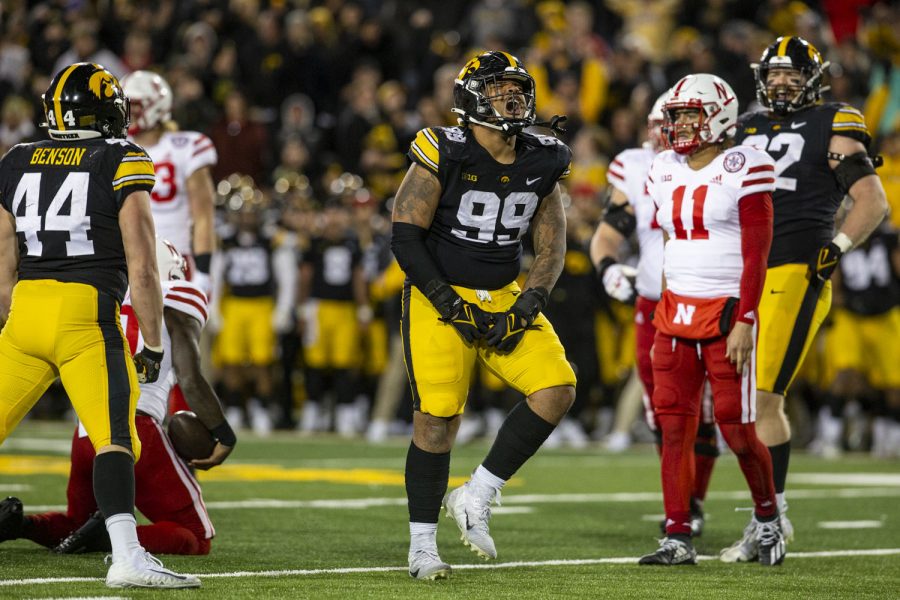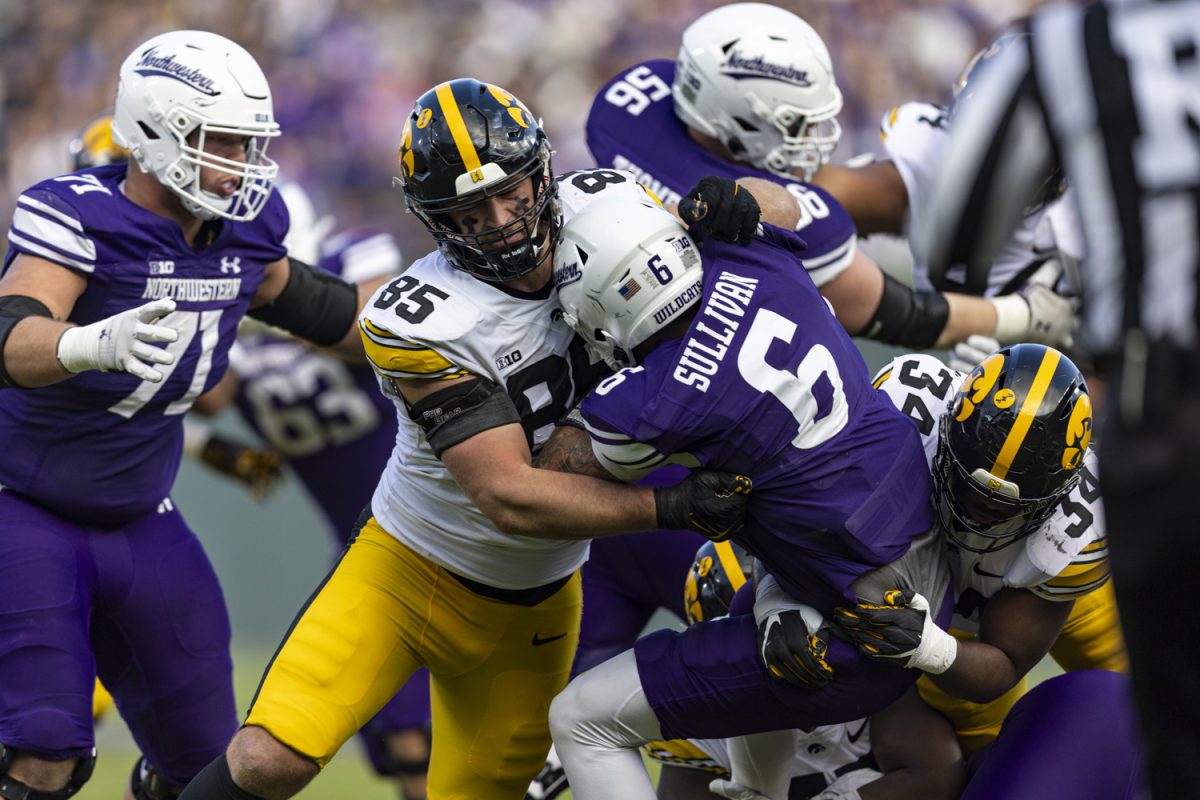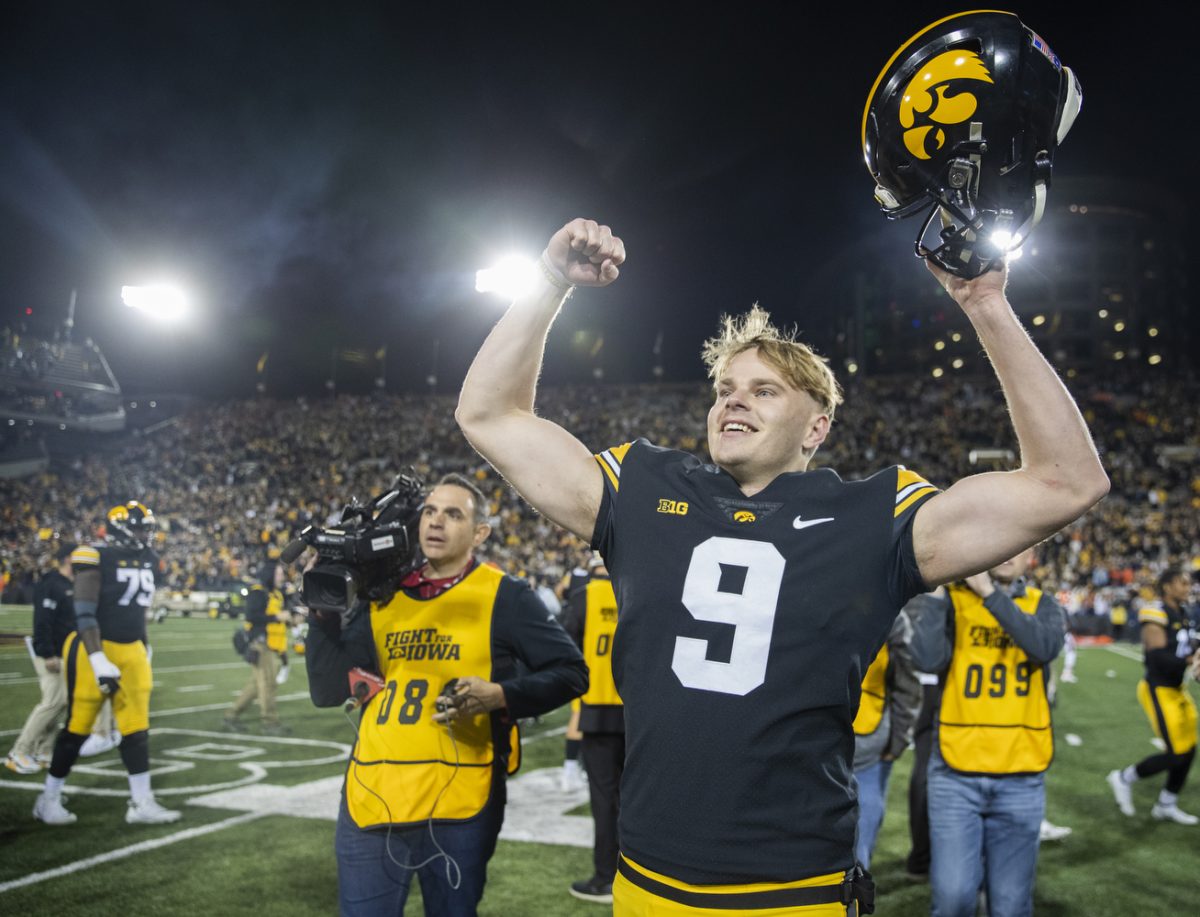The Iowa women’s track and field team is made up of a diverse group of athletes.
Twenty-four members of the 54-person team (44 percent) are from the state of Iowa. Another 44 percent are from elsewhere in the United States. That leaves 11 percent of the team — six athletes — from outside America’s borders.
In comparison with the men’s half of the program, which has no international athletes, the women’s side is known for recruiting heavily outside the U.S.
"International contacts are often via email," head coach Layne Anderson said. "Somebody will either reach out to you, or it will be through a recruiting service."
Through this process, he receives an e-mail about an athlete and runs a background check. From there, he decides whether to recruit the athlete or not.
"We tend to look for kids who would fit our profile and who would be a good match for us," Anderson said. "We’ll explore those options with them and then recruit them heavily."
Among the international athletes on the team are Zinnia Miller from the Bahamas, Victoria Sack and Mareike Schrulle from Germany, Annemie Smith from South Africa, Lena Placzek from Poland, and Carisa Leacock from Trinidad. Each brings her own personality, culture, and track skills to the team; this makes a well-rounded squad both on and off the track, Anderson said.
Anderson said assistant coach and director of recruiting Clive Roberts helps bring foreign athletes into the program. Roberts was able to recruit Leacock from Trinidad and help her make the decision to become a Hawkeye.
That kind of teamwork on the coaching staff helps recruit the athletes, Roberts said.
"I may have the ‘director of recruiting’ tag, but it’s a team effort," he said. "All of the coaches do the same thing. We’re all on board when it comes to recruiting kids and bringing them into Iowa City."
Anderson and Roberts don’t recruit the overseas portion of the team any differently from the way they recruit athletes closer to home. They admitted it’s tougher to recruit the international athletes, though.
"There’s a communication challenge, staying in constant contact with the athletes," Anderson said. "The language barrier can be a struggle at times."
Anderson said some international athletes have to take the TOEFL, an exam that measures the ability of non-native English speakers to use and understand the language as it’s heard, spoken, read, and written in a university classroom.
Schrulle, a distance-running graduate student, said she passed the test with flying colors and was able to make the jump overseas.
She had an advantage when it came to understanding and using English, she said, because she learned it growing up; that was an advantage that allowed Schrulle to contact Anderson herself and ask for a visit to Iowa City.
"I heard of him through a contact in Germany," she said. "It was a once-in-a-lifetime opportunity for me."
But not all international athletes are as easy to recruit as that, Anderson admitted.
"It’s definitely a struggle, but we do all that we can," he said.
Follow DI women’s track and field reporter Cody Goodwin on Twitter.






